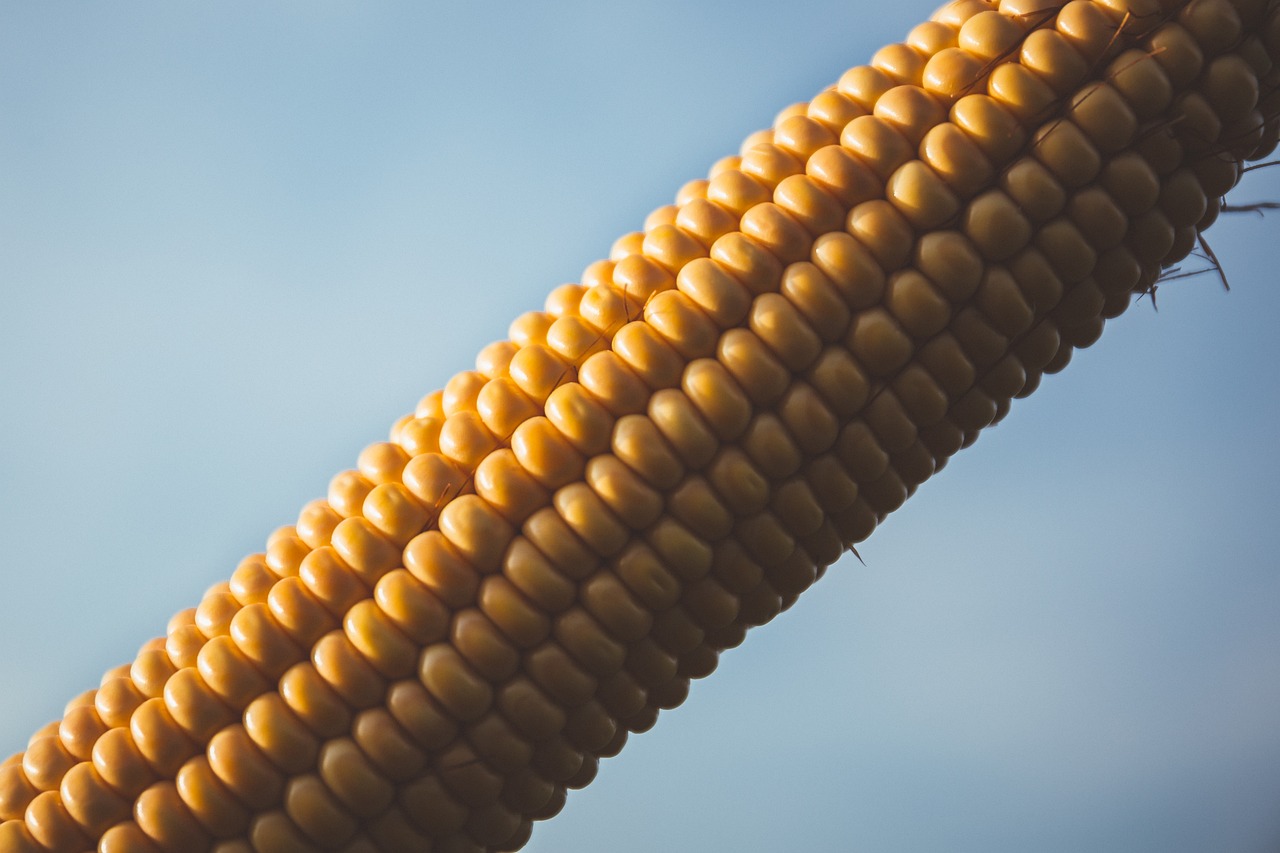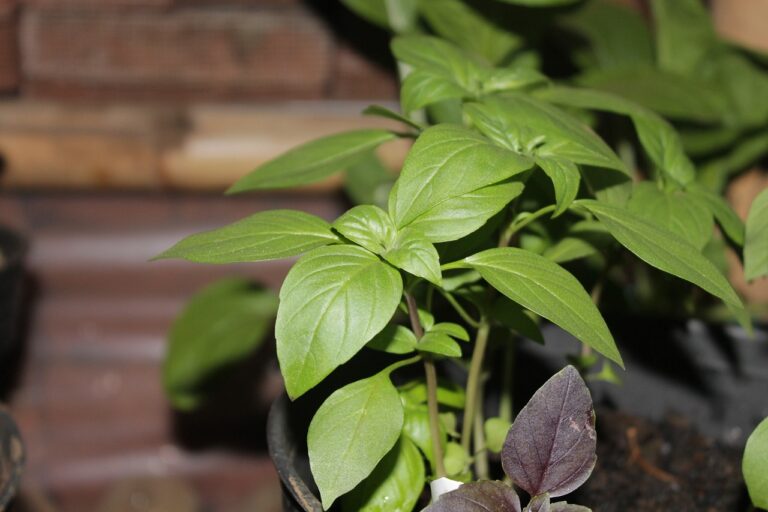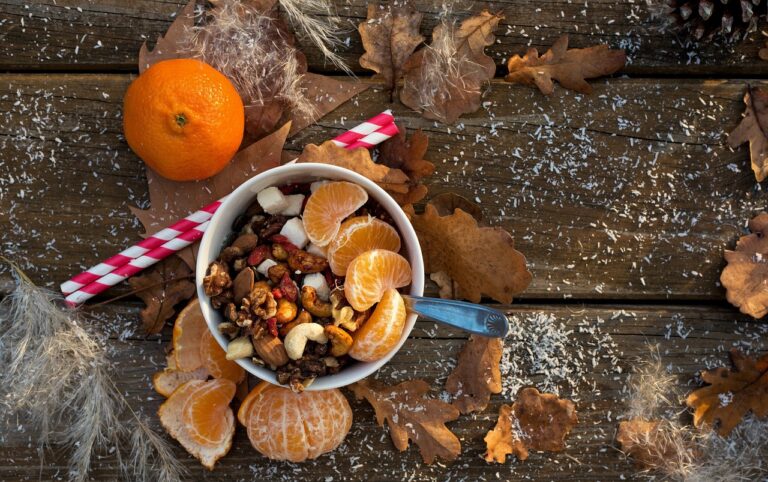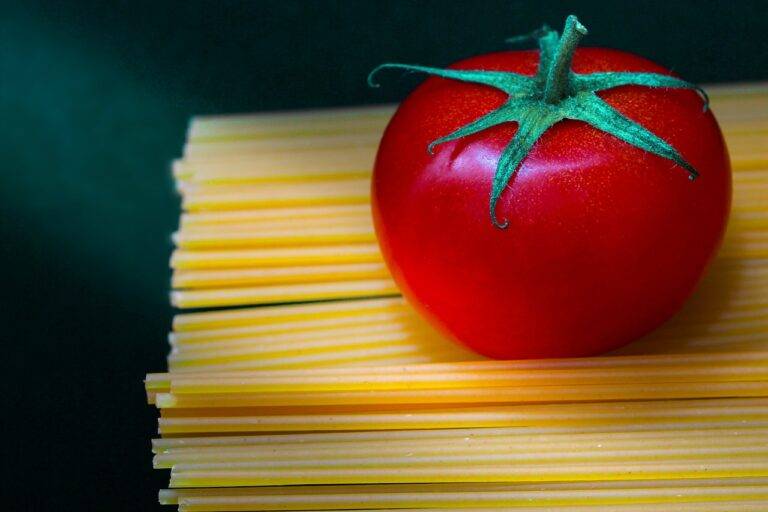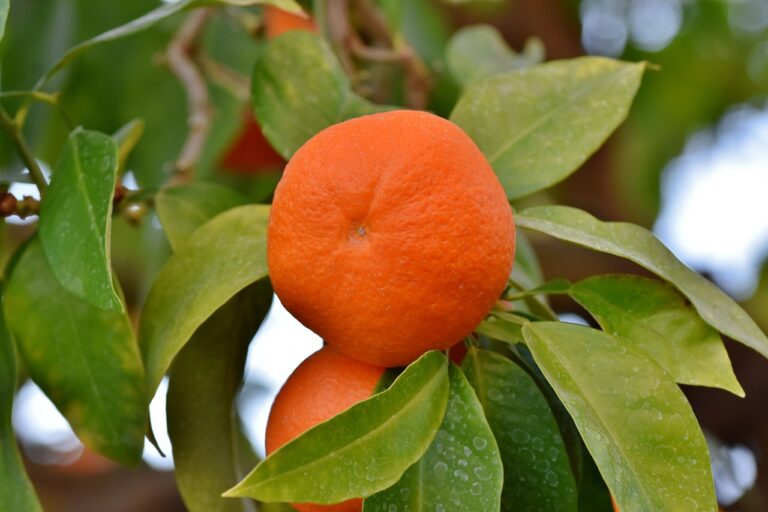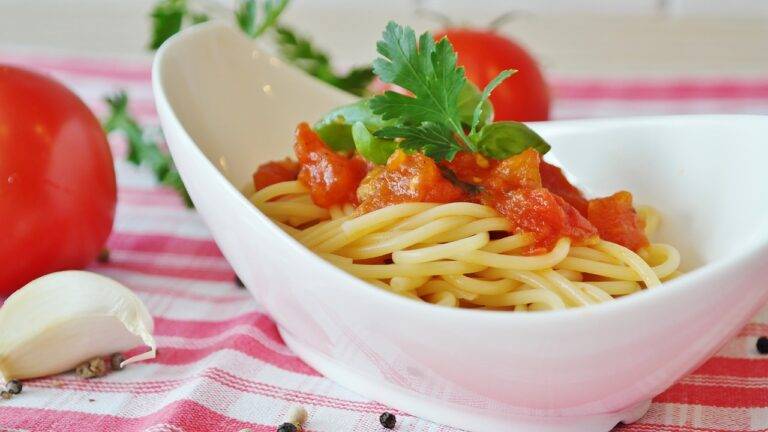Understanding the Link Between Diet and Cancer Prevention: Bet book 247 sign up, Radhe exchange app download, Bethub777
bet book 247 sign up, radhe exchange app download, bethub777: Understanding the Link Between Diet and Cancer Prevention
Cancer is a devastating disease that affects millions of people around the world. While there are many factors that can contribute to the development of cancer, one of the most significant is diet. The foods we eat play a crucial role in our overall health, and research has shown that certain dietary choices can either increase or decrease our risk of developing cancer.
In this article, we will explore the link between diet and cancer prevention, and discuss some of the best ways to ensure that your diet is working in your favor when it comes to reducing your risk of cancer.
The Role of Diet in Cancer Prevention
Diet plays a significant role in cancer prevention for several reasons. First and foremost, certain foods contain nutrients and antioxidants that help protect our cells from damage that can lead to cancer. For example, fruits and vegetables are rich in vitamins, minerals, and other compounds that have been shown to reduce the risk of certain types of cancer.
On the other hand, a diet high in processed foods, red meat, and unhealthy fats can increase inflammation in the body, which has been linked to an increased risk of cancer. Additionally, consuming high levels of sugar and refined carbohydrates can lead to insulin resistance, which is a risk factor for certain types of cancer.
Overall, maintaining a healthy diet that is rich in fruits, vegetables, whole grains, and lean proteins is essential for reducing your risk of cancer. Making smart food choices can go a long way in protecting your health and preventing disease.
The Importance of a Balanced Diet
One of the key factors in cancer prevention is maintaining a balanced diet. This means eating a variety of foods from all the major food groups, including fruits, vegetables, whole grains, lean proteins, and healthy fats.
Fruits and vegetables are particularly important for cancer prevention because they are rich in antioxidants and other compounds that help protect our cells from damage. Aim to fill half your plate with fruits and vegetables at each meal, and try to eat a rainbow of colors to ensure you are getting a wide range of nutrients.
Whole grains, such as brown rice, quinoa, and whole wheat bread, are also important for cancer prevention because they are rich in fiber and other nutrients that help support a healthy digestive system. Fiber has been shown to reduce the risk of certain types of cancer, including colorectal cancer.
Lean proteins, such as chicken, fish, beans, and tofu, are essential for building and repairing cells in the body. Try to include a source of lean protein at each meal to ensure you are getting an adequate amount of this important nutrient.
Finally, healthy fats, such as those found in avocados, nuts, and olive oil, are important for overall health and can help reduce inflammation in the body. Limiting your intake of saturated fats and trans fats, which are found in foods like red meat and processed snacks, can help lower your risk of cancer.
Key Nutrients for Cancer Prevention
In addition to eating a balanced diet, there are certain nutrients that have been shown to play a key role in cancer prevention. These include:
– Vitamin D: Research has shown that Vitamin D may help reduce the risk of certain types of cancer, including breast, colon, and prostate cancer. Aim to get at least 600-800 IU of Vitamin D per day from sources like sunlight, fatty fish, and fortified foods.
– Vitamin C: Vitamin C is a powerful antioxidant that can help protect cells from damage that can lead to cancer. Citrus fruits, strawberries, and bell peppers are all good sources of Vitamin C.
– Selenium: Selenium is a mineral that has been shown to reduce the risk of certain types of cancer, including prostate, lung, and colorectal cancer. Brazil nuts, fish, and lean meats are all good sources of selenium.
– Omega-3 fatty acids: Omega-3 fatty acids are a type of healthy fat that has been shown to reduce inflammation in the body and may help reduce the risk of cancer. Fatty fish, flaxseeds, and walnuts are all good sources of Omega-3s.
Incorporating these key nutrients into your diet can help support your overall health and reduce your risk of cancer. However, it’s important to remember that these nutrients are most effective when consumed as part of a balanced diet that includes a variety of foods from all the major food groups.
Frequently Asked Questions
Q: Can diet really prevent cancer?
A: While there is no guarantee that a healthy diet will prevent cancer, research has shown that certain dietary choices can help reduce your risk. Eating a balanced diet that is rich in fruits, vegetables, whole grains, lean proteins, and healthy fats is essential for maintaining overall health and reducing your risk of cancer.
Q: Are there any specific foods that can prevent cancer?
A: While no single food can prevent cancer on its own, there are certain foods that have been shown to have cancer-fighting properties. These include fruits and vegetables, whole grains, lean proteins, and healthy fats. By incorporating these foods into your diet on a regular basis, you can help support your overall health and reduce your risk of cancer.
Q: Are there any foods that increase the risk of cancer?
A: Yes, there are certain foods that have been shown to increase the risk of cancer. These include processed foods, red meat, unhealthy fats, sugar, and refined carbohydrates. By limiting your intake of these foods and focusing on whole, nutrient-rich foods instead, you can help reduce your risk of cancer.
In conclusion, diet plays a crucial role in cancer prevention. By maintaining a balanced diet that is rich in fruits, vegetables, whole grains, lean proteins, and healthy fats, you can help support your overall health and reduce your risk of cancer. Incorporating key nutrients, such as Vitamin D, Vitamin C, selenium, and Omega-3 fatty acids, into your diet can further enhance your cancer prevention efforts. Remember, making smart food choices is one of the best ways to protect your health and prevent disease in the long run.

